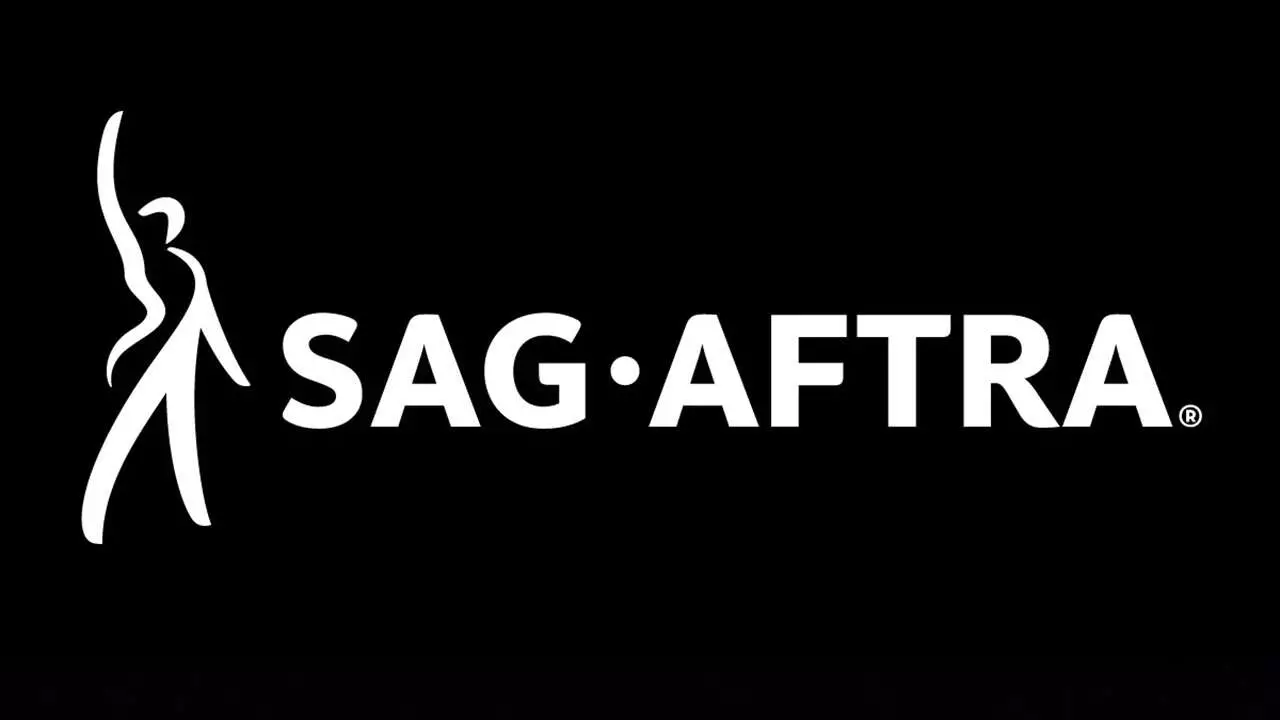The landscape of video game production has become increasingly complex, especially as technological advancements play a critical role in the industry. The Screen Actors Guild-American Federation of Television and Radio Artists (SAG-AFTRA) initiated a strike three months ago, primarily over issues surrounding artificial intelligence and its implications for voice work in video games. This action stemmed from significant unresolved concerns regarding how AI technologies could potentially replicate the voices, movements, and likenesses of performers, a growing issue in digital media where intellectual property rights often clash with rapid technological advancements.
After some time off the negotiating table, SAG-AFTRA is set to re-engage with an extensive group of companies under the Interactive Media Agreement on October 23. These negotiations will include significant industry players such as Disney, Activision, Electronic Arts, and Warner Bros. Games, among others. The union’s prior attempts to forge agreements fell short when it could not secure essential protections for its members regarding the use of AI—a situation that has widespread implications not just for voice actors but for the broader creative industry.
In the spirit of solidarity and to amplify its bargaining position, SAG-AFTRA has announced its intention to organize a picket line at the Warner Bros. lot on October 16. The symbolism of this move cannot be understated; it reflects not only the union’s commitment to advocating for its members but also serves as a public demonstration meant to encourage those in positions of power to recognize the value of human contribution to creative work.
As unions worldwide have learned through their histories, collective action can lead to significant outcomes, enhancing the bargaining power of workers. Affiliates of SAG-AFTRA understand this deeply, and their forthcoming demonstration is likely intended to communicate a firm message: that adequate protections and fair treatment of workers remain non-negotiable.
Specific Issues at Hand
At the heart of the discussions lies the issue of rights concerning AI replication of talent. While SAG-AFTRA has reportedly made strides in negotiating various issues with Interactive Media Agreement companies, key points concerning the ethical and financial ramifications of AI remain unresolved. The guild has emphasized that performers should be compensated and give consent for any use of their work in AI models moving forward. This demand reflects an urgent call for industries to take responsibility for the ramifications of their technological advancements.
Moreover, the role of companies like Formosa Group has entered contentious territory, as SAG-AFTRA has raised allegations of non-union work in the context of a potential video game project. In an unprecedented shift, tensions spilled over into significant titles such as “League of Legends” after the guild’s allegations of unethical hiring practices surfaced. Riot Games has since clarified its position, emphasizing its long-standing commitment to utilizing union performers exclusively, thereby distancing itself from the complaints directed at Formosa.
The questions emerging from these negotiations extend beyond the particularities of the video game industry and penetrate broader sectors of entertainment and media. As the boundaries of work and artistry become increasingly blurred by advancing technologies, the need for frameworks that protect the rights of creators becomes paramount. The underlying narrative speaks to a cultural moment where creators, workers, and the greater community must redefine their relationships with technology and corporate entities that wield it.
As noted by SAG-AFTRA general counsel Jeff Bennett, the expectation is not only to secure agreements but to encourage an industry-wide standard of respect for human creative performance. The stakes are high; if these conversations fail to yield favorable outcomes for performers, it could set a concerning precedent that endangers their rights as professionals in an increasingly automated landscape.
As SAG-AFTRA prepares for negotiations, the outcomes of these talks will be closely monitored by both insiders and industry watchers alike. Excitement and trepidation surround the prospect of newfound agreements that could reshape the future of work in entertainment. Performers are eager to see if their concerns about AI and their impacts on the integrity and value of their work can be adequately addressed.
Economically and ethically, the video game industry stands at a crossroads. How these negotiations unfold will serve as a bellwether not merely for the fate of voice actors but for an industry in search of a sustainable model that honors artistic contributions amid rapid technological change. The call for unity among creators may foster a more equitable environment for all, but it demands vigilance and commitment from all participants in the dialogue. The coming months will reveal whether such a commitment can yield the protections needed in an ever-evolving media landscape.


Leave a Reply